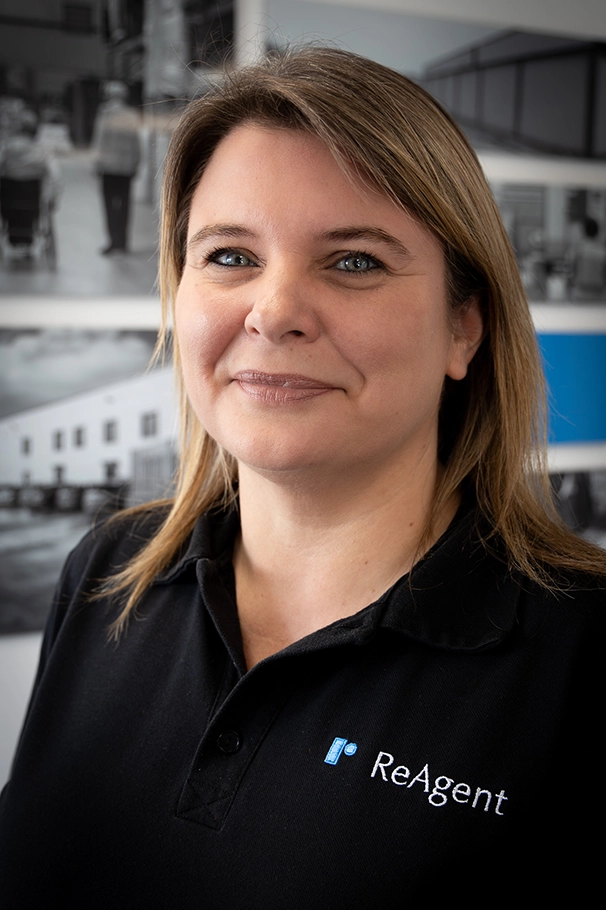Fill/finish manufacturing is the final step in preparing a product for market. It involves filling or bottling containers with a chemical, biological, or pharmaceutical product and sealing them for distribution.
While this might sound straightforward, it’s a critical process where small errors can lead to serious consequences. Choosing the right fill/finish manufacturer is therefore essential.
This article covers what fill/finish means, why it matters, and what to look for when selecting a supplier.
In this post:
What Is Fill/Finish Manufacturing?
Fill/finish refers to the stage in production where a product is accurately filled into its final packaging.
This might include glass or plastic bottles, vials, ampoules, or syringes. The filled containers are then sealed, labelled, and prepared for storage, shipping, or end-use.

This stage is crucial in regulated industries such as pharmaceuticals, diagnostics, chemicals, and medical devices. The product must be transferred under tightly controlled conditions to prevent contamination, preserve integrity, and meet regulatory requirements.
In many cases, fill/finish operations also involve activities like in-process testing, visual inspection, leak detection, and documentation. This ensures that the final product meets specification and is consistent across batches.
Key Takeaways
Fill/finish is a critical final step in the manufacturing process
It requires precision, cleanliness, and robust quality control
Choosing a supplier with the right certifications, equipment, and experience is vital
Key Factors In Choosing Fill/Finish Manufacturing
Precision and Accuracy in Filling
Accurate fill volumes are not just about meeting label claims. They’re essential for safety, compliance, and product consistency.
Whether it’s a reactive chemical or a pharmaceutical formulation, the margin for error is often small. Look for manufacturers that use automated, calibrated filling systems capable of achieving high repeatability.
Some systems use volumetric, gravimetric, or peristaltic filling technologies depending on the viscosity and sensitivity of the product.
A good supplier will not only have the right equipment but also the experience to know which method is most appropriate.
Custom Bottle Sizes and Formats
Every product has different requirements. Some need small vials, others require bulk packaging. Flexibility in bottle types, closures, and fill volumes is key.
The right supplier will be able to:
- Source or accept a wide range of container formats
- Adjust equipment quickly between production runs
- Advise on materials compatible with your formulation
This flexibility supports everything from R&D-scale runs to commercial-scale production, giving you greater control over product presentation and usability.

Cleanroom and ISO-Certified Facilities
Contamination control and quality are non-negotiable. This is especially true in life sciences and regulated chemical sectors.
Fill/finish should take place in cleanrooms that meet appropriate ISO classifications. Certification to ISO 9001 for Quality Management Systems and, where relevant, ISO 13485 for Medical Devices or ISO 22716 for Good Manufacturing Practice, provides assurance of quality systems.
Cleanrooms reduce particulate matter, microbial load, and environmental contaminants, which is particularly important for sterile or sensitive products.
Regular validation, cleaning protocols, and staff training are essential features of any reliable cleanroom facility.

Labelling, Barcoding, and Traceability
Finished products must be traceable from raw material to delivery. This means precise labelling and documentation. Suppliers should offer:
- Integrated barcoding and serialisation
- Batch and lot traceability
- Custom labelling to suit regulatory or customer needs
Traceability is essential for recalls, quality investigations, and audits.
Digital systems that integrate with your Enterprise Resource Planning (ERP) or inventory software can significantly streamline compliance and logistics.
Packaging Compatibility and Safety
Packaging protects your product and ensures it remains safe and effective throughout its life.
A good fill/finish partner will assess the chemical compatibility of packaging materials with your formulation. They’ll also check that closures function as intended, whether that means tamper-evident seals or child-resistant caps.
For temperature-sensitive products, they should evaluate how the packaging performs during storage and transport.
They may also offer services such as accelerated stability testing or drop testing to confirm packaging durability under various conditions.
Scalable Production for Different Volumes
A flexible supplier can adjust batch sizes based on your needs. Whether you’re starting with pilot runs or ramping up to full-scale production, they should help you scale efficiently.
This avoids overproduction, reduces waste, and supports a faster response to shifts in market demand.
Ideally, your supplier should be able to start small, validate processes, and then scale using the same equipment and QA systems. This continuity helps avoid requalification and ensures consistent product quality.
White Labelling and Custom Branding
Some fill/finish manufacturers can also offer white label services. This includes applying your brand’s labels and packaging design, helping you deliver a shelf-ready product.
For many customers, this removes the need for in-house design, printing, or additional packing steps.

Providers offering in-house design and printing can simplify workflows and reduce lead times. Branding services can also help ensure visual consistency across product ranges and compliance with regional packaging regulations.
Regulatory Compliance and Documentation
Compliant fill/finish depends on good documentation. Your supplier should be experienced with regulated markets like REACH, CLP, or GMP and maintain clear, auditable records.
That includes documented procedures, calibration logs, and batch records, all of which are essential for traceability and inspections.
Regulators may request to review these documents at any time, particularly in the event of a complaint or quality issue. A robust document management system should be in place to allow quick retrieval and version control.
Reliable Turnaround Times
Late delivery can hold up your entire supply chain. A dependable partner will provide realistic lead times – and meet them.
It’s also important to understand how they respond to delays or supply chain issues, and whether they offer priority production options when needed.
Reliable turnaround also depends on well-maintained equipment, trained personnel, and strong supplier relationships.
Ask potential partners about their average lead times, contingency planning, and capacity to accommodate urgent orders.
Conclusion
Fill/finish is more than just putting liquid in a bottle. It’s a precise, regulated, and often complex process that requires specialist equipment and expertise. The right partner will not only meet your technical requirements but will also help you reduce risk, maintain quality, and deliver products on time. When evaluating providers, look beyond cost. Assess their flexibility, standards, and ability to grow with your business.















